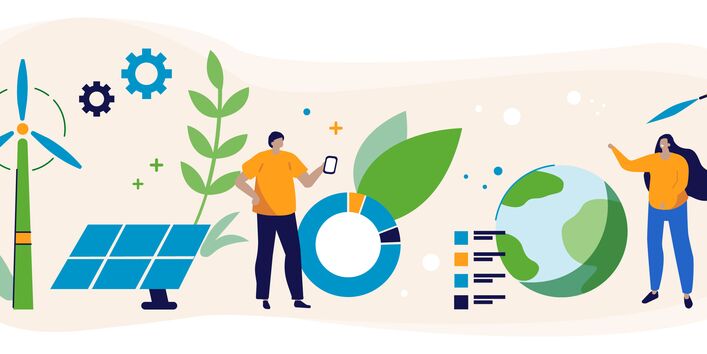The AI Lab
The AI Lab, comprising approximately 30 staff members, utilizes AI and Big Data for environmental and sustainability applications. It serves as an innovation and experimentation space for the four federal agencies operating under the auspices of the Federal Environment and Consumer Protection Ministry (BMUV) to demonstrate the added value of AI for both humanity and the environment, while addressing research questions related to the sustainable and responsible use of AI. The objective is to unlock AI as a key technology not only for industry but also for politics and research, particularly in the fields of environmental and climate protection.
The AI Lab develops applications that support the diverse tasks of the environmental sector—ranging from species protection to radiation protection, from nuclear safety to climate change adaptation and environmental monitoring. The initial implemented examples of AI applications include:
- Identifying wind turbines in satellite data to support the planning of the energy transition,
- Detecting protected species on online trading platforms, and
- Monitoring hazardous materials and mitigating risks through the identification of radioactive nuclides via gamma spectrum analysis.
The external link opens the BMUV website, featuring a movie clip of the opening of the AI Lab in Dessau on October 13, 2023.
Movie clip of the AI Lab Opening (German)












